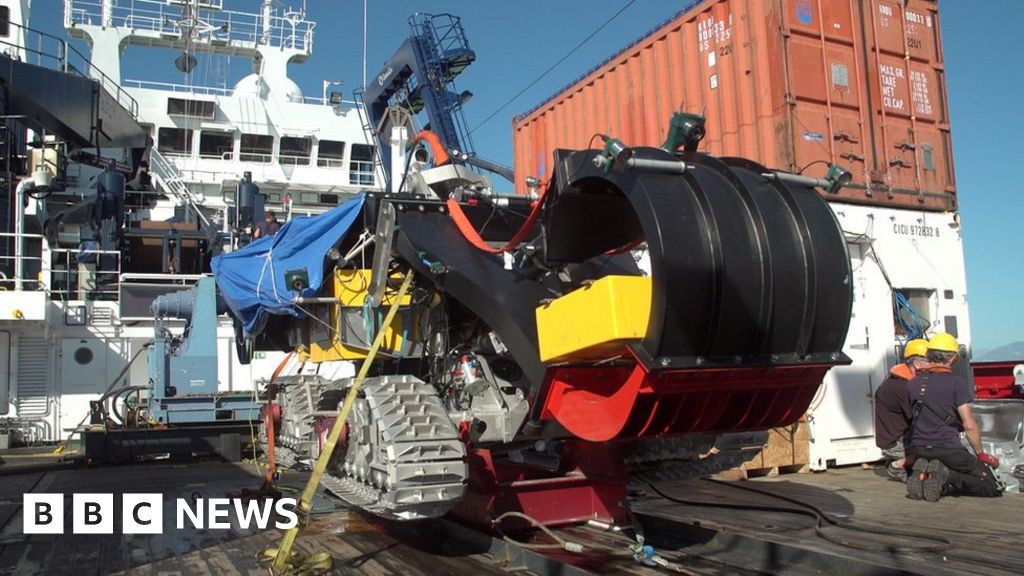As someone who's been driving an electric car for four years now, I can't really imagine going back to a fossil-burner. I do, however, have a diesel van, and I think it'll be a while before electric alternatives are really viable there. I expect we'll see hydrogen-powered hybrids eventually replacing diesel in larger vehicles.
Most discussions on this topic involve a mix of fact and fiction, so for what it's worth, here are some experiences from someone who's taken an active interest in this for some years...
Mine is an elderly BMW i3, and only has an electric range of about 70 miles on a good day. But it does also have the little 600cc 'range-extender' engine, which means you can run for about another 80 miles on petrol if you need to. That was very useful as a 'get out of jail card' when this was made 5 years ago, and allowed me to switch to electric as my only vehicle, before the charging network was nearly as extensive as it is today. (The range-extender approach is different from a standard hybrid like a Prius, because you're not carrying a big fuel tank and a big engine: it's a
battery-based car with a small generator that can keep it topped up: the engine never drives the wheels directly.) I use the range extender perhaps once every couple of months, and, since I've had the car, I've done something approaching 1500 mpg.
All my normal day-to-day driving: popping into town, visiting my parents, going to Stansted airport and back, fits within the 70-mile range. About twice a week, I plug it in on the driveway. I have a standard 7kW car charging point, which means that if the
battery is completely empty, it takes about 3 hours to charge. 'Fuel' costs are about 3p per mile - it would be cheaper if I bothered with Economy 7 - and I buy my power from a company that uses only renewable sources, mostly hydroelectric, so the majority of my driving is powered by Welsh rainwater!
I probably wouldn't bother with a range extender if I were buying a car now, because almost all electric cars sold this year have a range of at least 200-300 miles, and that's no longer just the case for expensive Teslas! It's worth noting how much things have changed in just 4 years since I bought my car. The question has changed in that time from 'How far can you drive before you must stop?', to 'How far will your bladder let you drive anyway?' and now it's more like 'How far do you want to drive in a day, anyway?'.
Even with my
battery I've done longer journeys: I've been from Cambridge to the Lake District and back twice without using any petrol, for example. Yes, it takes quite a bit longer, because I have to take more breaks, and for longer. But as a result I arrive much less tired, and I suspect I travel more safely. And that extra time on long journeys is easily offset by never having to go into a petrol station for the rest of the year! When I *can* buy a campervan with a decent-sized
battery, though, stopping at charging points will be even less of an issue: I'll just make a cuppa or take a short nap!
Anyway, sorry - this is becoming an essay, and yes, there are still plenty of issues to be sorted out, so let me switch to bullet points to address a few common misunderstandings that I often hear in the pub:
* The time quoted for recharging can range from 15 minutes to 20 hours! This is because different cars have different sized batteries and different possible rates of charging, and different charging points have different capabilities. But the maths is not hard. If you're plugging into a normal 13A socket you can't draw much more than 2kW for an extended period. If you have a 40kWH
battery, it takes 20 hours in those unlikely situations when you are completely empty and need to be completely full. But most people who own an EV have a 7kW charging socket at home, meaning it takes a third of that time, and the chargers installed at service stations, healthclubs, hotels etc are generally 50kW, Tesla ones will do over 100kW, and we're starting to get a few public chargers which can go as high as 300kW (in the currently unlikely event that you have a car that can ask for that much!).
* There are currently more public charging points in the UK than there are petrol stations. And, note, that is *public* charging points; it doesn't take account of the much larger number attached to people's houses. However, it is worth taking with a big pinch of salt, because most of them are slow (7kw or lower), but those are still important. In somewhere like a National Trust car park or a hotel, it's much more important to have lots of cheap slow chargers than one expensive fast one.
* When you are using public chargers, you generally have to pay. You will sometimes pay three or four times as much as your electricity costs as home. This is, however, still cheaper per mile than petrol, and most people do only a tiny fraction of their charging that way.
* Car batteries, like all batteries, do eventually lose some of their capacity, but they are lasting much longer than people originally thought would be the case. Don't make the mistake of thinking that this is like your electric toothbrush or your phone! There are many Teslas and Nissan Leafs that have clocked up huge mileages. Most manufacturers offer something like an 8-year warranty on them not having lost significant capacity in that time. And the batteries are far too valuable to be thrown away, so they are reused in a variety of cunning ways (for example to smooth out spikes on the grid, or as home storage for
solar installations).
* Electric cars are still more expensive than their carbon-powered equivalents, but the gap is closing fast and price parity is generally anticipated to be here either next year or the year after.
* There will be some challenges to the electricity grid as we switch over to electric, but nothing like the Daily Mail would have you believe.

It turns out that the existing grid could cope just fine as long as we're a little bit smart about charging. The challenge would be if everybody in the country suddenly bought an EV, came home at 6 o'clock, plugged in and wanted to charge at full rate there and then. But if you charge at off-peak times (and both cars and charging points are becoming increasing smart about this) it smooths out the overall grid usage, requiring power stations to be stopped and started less often.
For me, the really interesting stuff is in the V2G (vehicle to grid) arena, where the car can provide power back to the house (or grid). That's a whole separate topic, but there are trials currently underway in many areas. The opportunities for storing renewable energy in this vast, distributed
battery, spread around the country, and then using it to avoid having to build power stations which only serve to supply peak loads is, for me, one of the most exciting aspects of this.
So yes, there are challenges to be faced - for my first two years of EV ownership I had no off-street parking, for example - but overall, my experience of living with an EV for some years has been positive, and they are clearly the way of the future. They're such fun to drive, too!
OK, apologies for the long post! Hope that's of interest to somebody!


